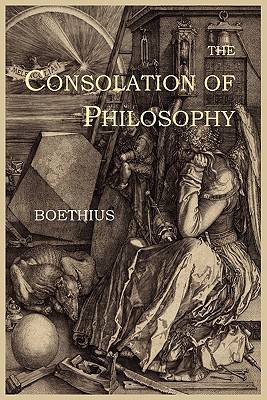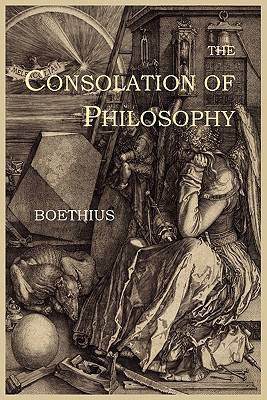
- Afhalen na 1 uur in een winkel met voorraad
- Gratis thuislevering in België vanaf € 30
- Ruim aanbod met 7 miljoen producten
- Afhalen na 1 uur in een winkel met voorraad
- Gratis thuislevering in België vanaf € 30
- Ruim aanbod met 7 miljoen producten
Zoeken
Omschrijving
2011 Reprint of 1962 Edition. Full facsimile of the original edition, not reproduced with Optical Recognition Software. "Consolation of Philosophy" is a philosophical work by Boethius, written around the year 524. It has been described as the single most important and influential work in the West on Medieval and early Renaissance Christianity, and is also the last great Western work that can be called Classical. It was written during a one-year imprisonment Boethius served while awaiting trial for the crime of treason. This experience inspired the text, which reflects on how evil can exist in a world governed by God, and how happiness can be attainable amidst fickle fortune, while also considering the nature of happiness and God. Boethius writes the book as a conversation between himself and Lady Philosophy. She consoles Boethius by discussing the transitory nature of fame and wealth, and the ultimate superiority of things of the mind, which she calls the "one true good". She contends that happiness comes from within, and that one's virtue is all that one truly has, because it is not imperiled by the vicissitudes of fortune.
Specificaties
Betrokkenen
- Auteur(s):
- Vertaler(s):
- Uitgeverij:
Inhoud
- Aantal bladzijden:
- 162
- Taal:
- Engels
Eigenschappen
- Productcode (EAN):
- 9781614270454
- Verschijningsdatum:
- 3/06/2011
- Uitvoering:
- Paperback
- Formaat:
- Trade paperback (VS)
- Afmetingen:
- 152 mm x 229 mm
- Gewicht:
- 244 g

Alleen bij Standaard Boekhandel
+ 22 punten op je klantenkaart van Standaard Boekhandel
Beoordelingen
We publiceren alleen reviews die voldoen aan de voorwaarden voor reviews. Bekijk onze voorwaarden voor reviews.











